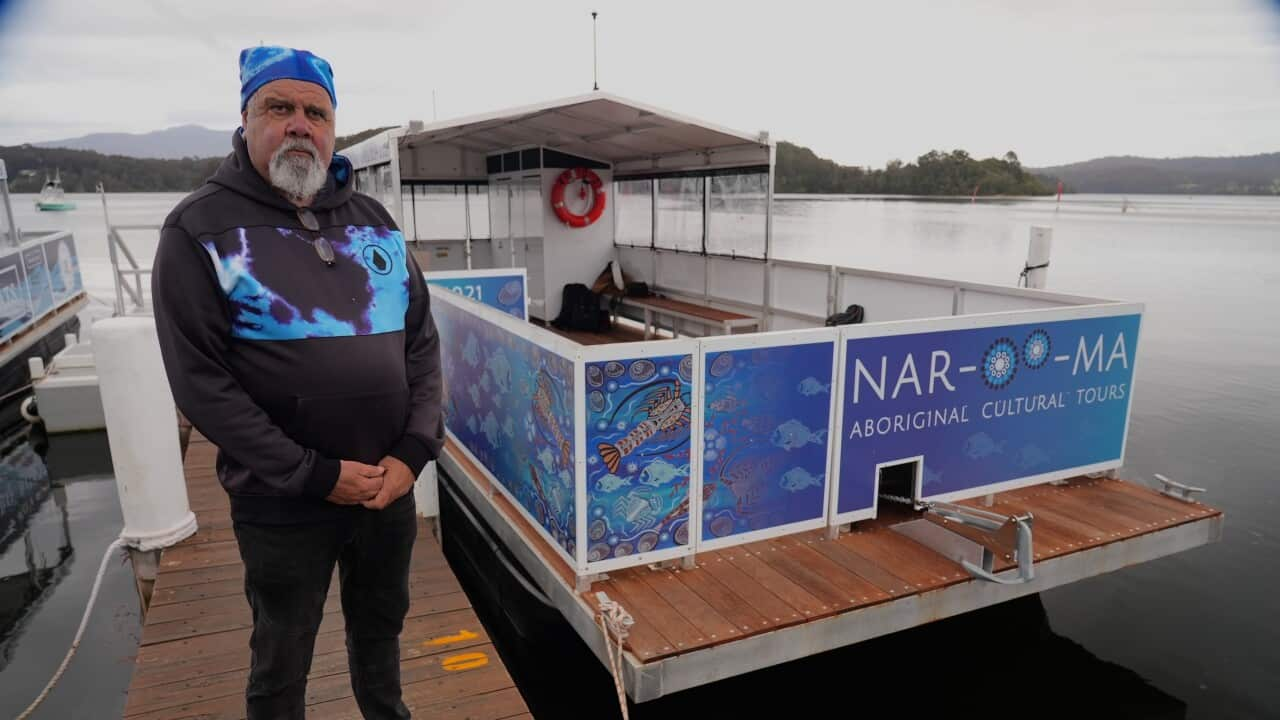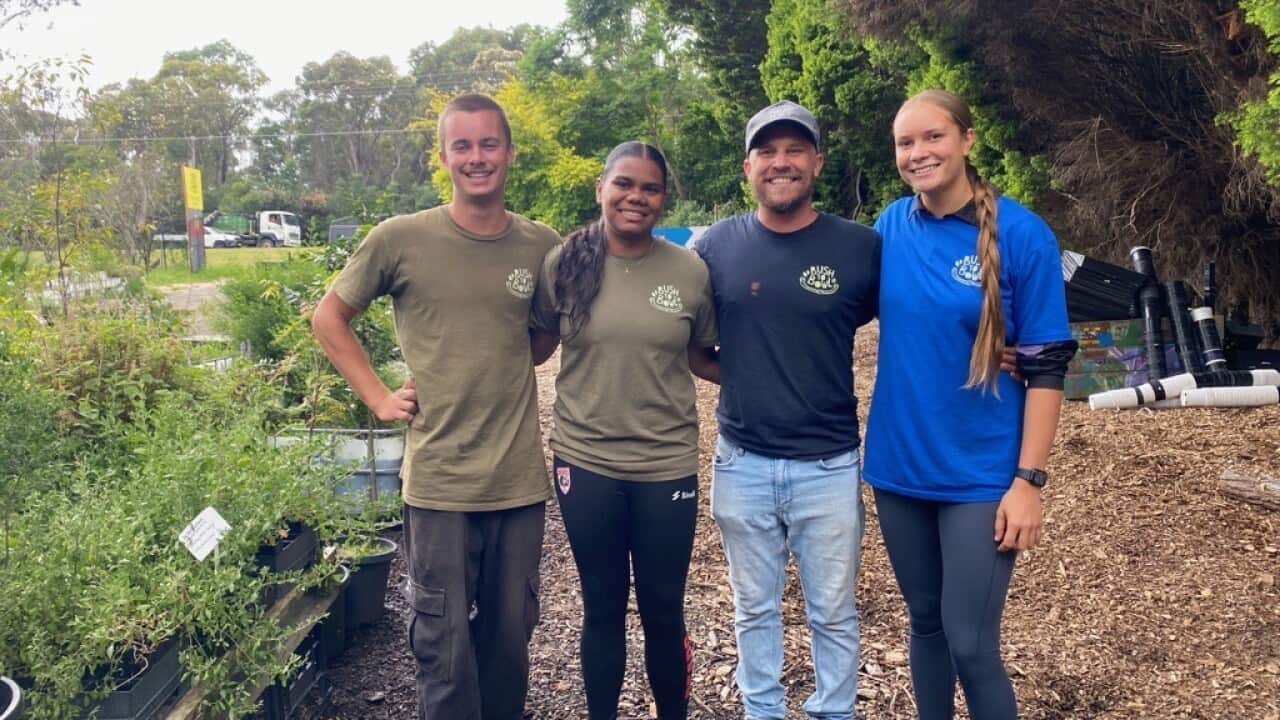South Coast Native Title claim holders have filed a class action against the State of New South Wales alleging a breach of the Racial Discrimination Act.
Traditional Owners say the state breached the Act by prosecuting Aboriginal fishers who were participating in protected cultural fishing practices.
The class action, filed in the Federal Court of Australia, is brought on behalf of individuals who were fined or jailed, as well as their families and the broader community who were indirectly impacted by the prosecutions.
Walbunja Elder, Uncle Wally Stewart, from the NSW Aboriginal Fishing Rights group, told NITV prosecuting Aboriginal people for exercising cultural fishing practices has destroyed lives in a multitude of ways from culture to health.
"When we couldn't access those resources it changed our diet," Mr Stewart said.
"Our people got high diabetes and heart disease, and they were overweight because they were too scared to go and fish because every time they went down to the water the fisheries were there searching their cars and they'd turn up with the police."
Mr Stewart said intimidation and the threat of prosecution was used to keep mob away from the water.
"We were too scared to hand that culture down to our community because it was like we were teaching them to be criminals," he said.
The class action is seeking damages on behalf of more than 10,000 claimants for breaches of the Racial Discrimination Act, including cultural loss, over an almost 30 year period, from 1 January 1994 to 27 June 2023.
A lot of people were sent to jail and a lot of our community down here on the South Coast got their first criminal record from fishing.
Mr Stewart said the impact has been generational and widespread throughout the community and families.
"There were people who were sent to jail who were the breadwinners in our community, and when they were sent to jail their family structure was breaking down.
"These guys are coming out of jail with mental health issues and couldn't understand why they were being sent to jail because we were taught about our fishing rights and how to look after the water and feed our families."
Mr Stewart added that some of those prosecuted have also been handed bail conditions that ban them from going near the water for up to five years.
"That's taking their culture away from them straight away. What right have they got to do that?"
Despite prosecuting traditional owners for practising culture under the Native Title Act, Mr Stewart said the state enables the abalone industry to damage the reef and legally exploit the area.
"When we go fishing some of our guys might come out of the water with five or six kilos, but [abalone fisheries] are legally allowed to take 100 tonne of abalone a year," he said.
The damage to the area, he said, is so widespread from unsustainable fishing practices that passing on cultural knowledge has been hindered.
"I'm so disappointed, some of the places I go now were rich places and we knew the indicators but you can't even get the indicators now because it's not the same anymore."
Lawyer Tristan Gaven, representing the claimants, said the prosecutions have impacted the entire South Coast Aboriginal community.
"The ongoing prosecution of Indigenous fishers on the South Coast exercising their cultural fishing rights has not only caused considerable personal distress, humiliation and intimidation to those people fined and jailed, but also their families and the broader community," Mr Gaven said.
"We know that these prosecutions have stopped people from passing on these traditional practices to their children and grandchildren out of fear exposing them to criminal charges."
Mr Stewart said he wants to restore and revitalise Country.
"I can see my water damaged and I want to fix it up, my duty is to fix this water up and this government needs to put some money into fixing our reef."




